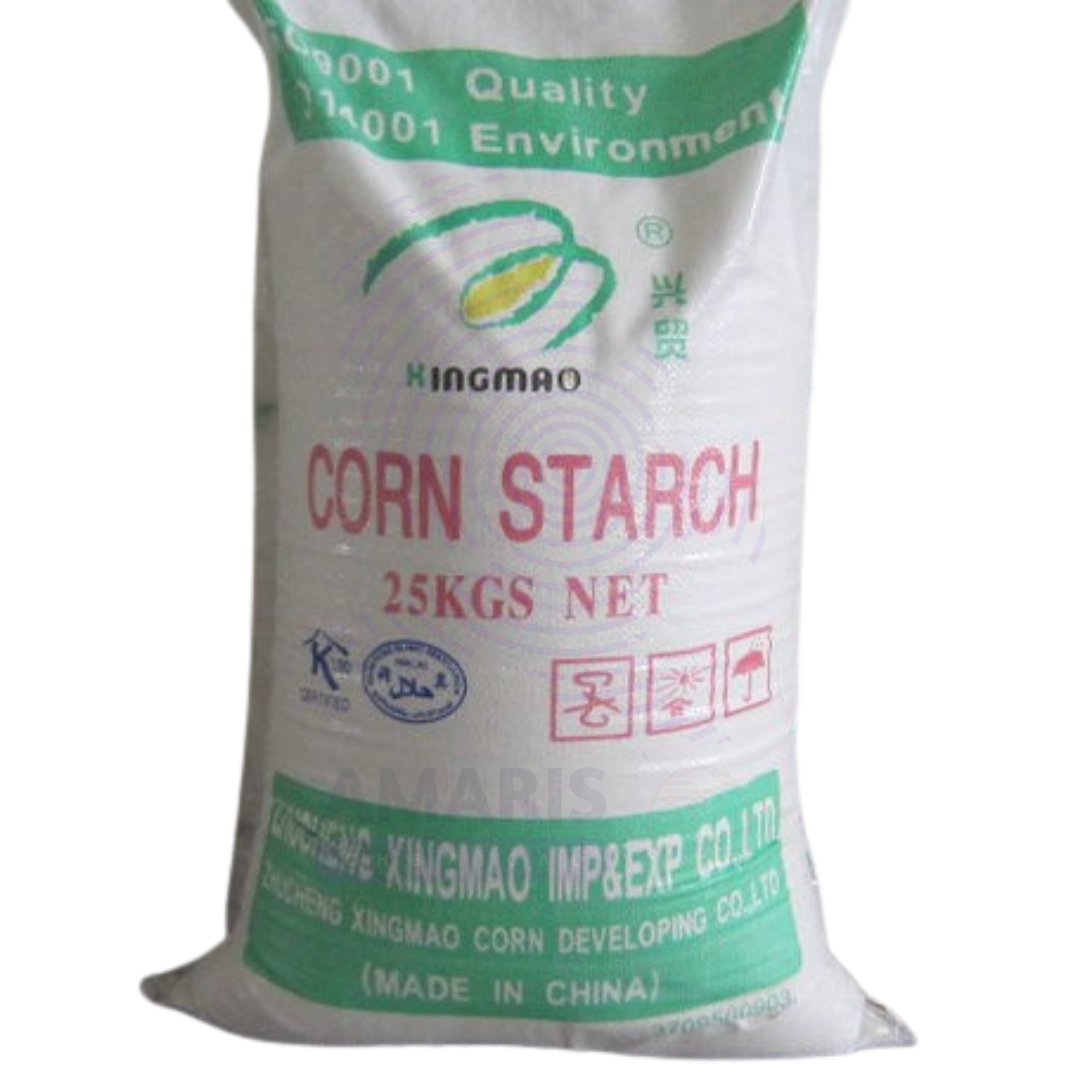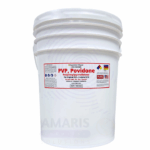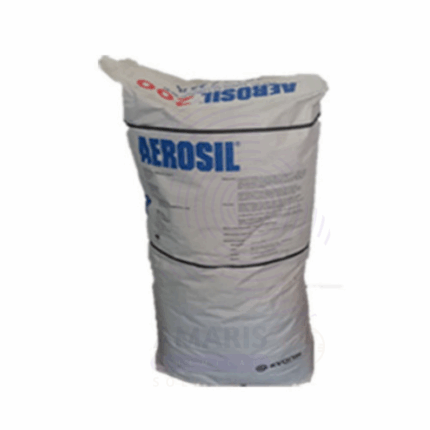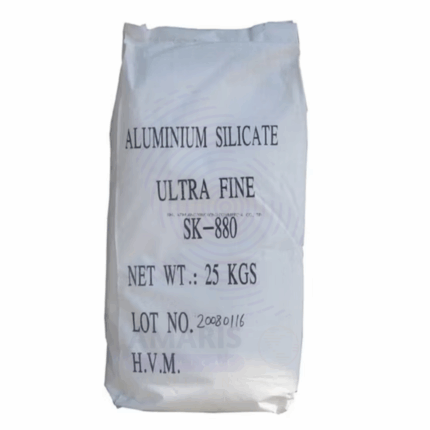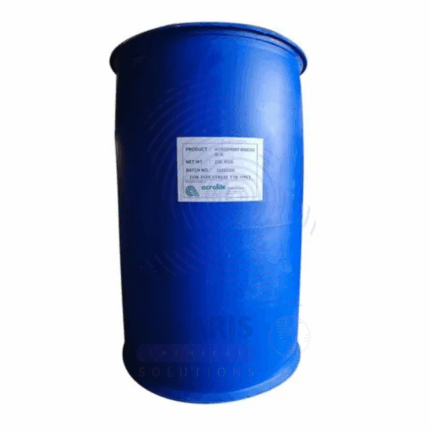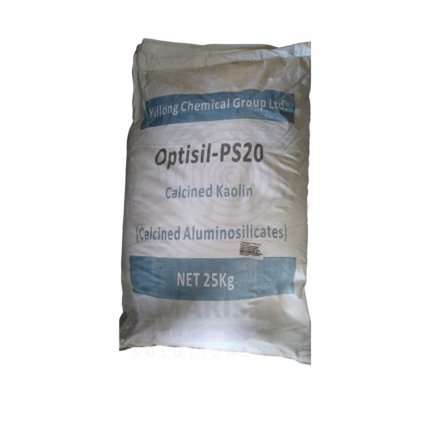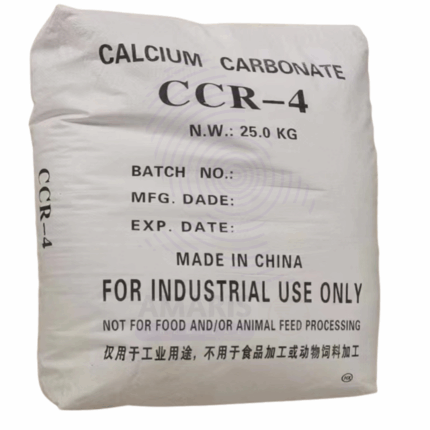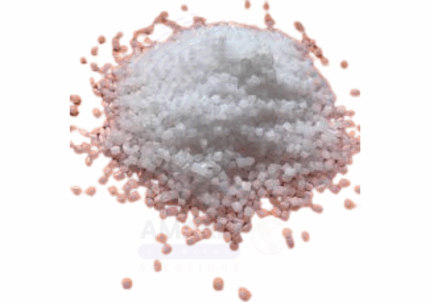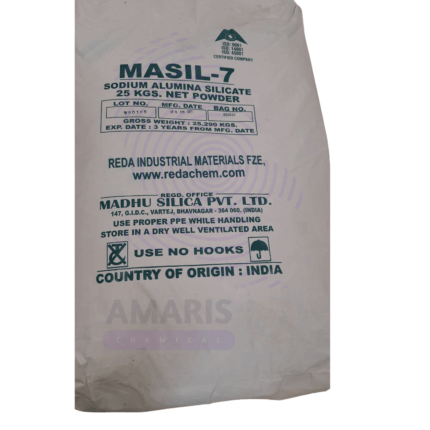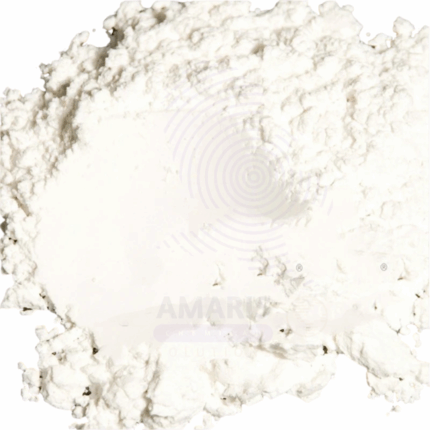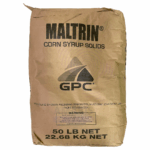
Corn Starch Industrial Grade
$ 1.67 Original price was: $ 1.67.$ 1.55Current price is: $ 1.55.
Corn Starch Industrial Grade is a finely milled, white powder derived from the endosperm of maize (Zea mays). Unlike food-grade starch, industrial grade is tailored for non-food applications where its thickening, adhesive, and film-forming properties are exploited. It consists primarily of amylose and amylopectin polysaccharides and is valued for its biodegradability, renewability, and cost-effectiveness. Industrial corn starch is used extensively as a raw material or functional additive across a wide variety of manufacturing processes, including paper, textiles, adhesives, and packaging industries.
Corn Starch Industrial Grade
Primary Uses
- Paper Industry
- Acts as a surface sizing agent to improve paper strength, gloss, and printability.
- Used in coating formulations to enhance smoothness and reduce porosity.
- Serves as a binding agent in recycled paper production to improve fiber bonding.
- Adhesives & Binders
- Used in manufacturing starch-based adhesives for corrugated cardboard, paper bags, and labels.
- Serves as a binder in particleboard, fiberboard, and plywood production.
- Textile Industry
- Employed as a sizing agent to strengthen yarns during weaving, improving fabric quality and reducing breakage.
- Used in finishing processes for fabric stiffening and texture enhancement.
- Bioplastics & Packaging
- Used as a biodegradable polymer base for producing eco-friendly packaging materials and films.
- Serves as a filler and functional additive in bioplastic blends to improve mechanical properties.
Secondary Uses
- Pharmaceuticals
- Acts as an excipient in tablet formulation, primarily as a disintegrant and binder (non-food grade applications).
- Construction
- Used as a dust control agent in construction sites and as a binder in gypsum and cement formulations.
- Cosmetics & Personal Care
- Utilized as a thickener and absorbent in powders and creams (industrial formulations).
- Agriculture
- Used as a carrier for pesticides and fertilizers in controlled release formulations.
1. Basic Identification Attributes
- Chemical Name (IUPAC): Poly-D-glucopyranose (starch)
- Common/Trade Name: Corn Starch Industrial Grade
- CAS Number: 9005-25-8
- HS Code: 1108.12.00
- Molecular Formula: (C6H10O5)n (polysaccharide)
- Synonyms:
- Maize starch
- Industrial maize starch
2. Physical & Chemical Properties
- Physical State: Fine white powder
- Color & Odor: White; odorless
- Melting Point: Decomposes before melting
- Boiling Point: Not applicable
- Density: Approximately 1.5 g/cm³ (bulk density)
- Solubility: Insoluble in cold water; swells in hot water forming a paste
- pH (1% solution): 4.5 - 7.0
- Gelatinization Temperature: 62–72°C
- Stability: Stable under dry conditions; moisture sensitive
3. Safety & Hazard Attributes
- Hazard Class (GHS): Generally safe; combustible dust hazard
- NFPA Ratings:
- Health: 0
- Flammability: 1
- Reactivity: 0
- Exposure Limits: No specific OSHA PEL; avoid inhalation of dust
- Toxicity: Non-toxic, non-irritant
- Reactivity: Inert under normal conditions
4. Storage & Handling Attributes
- Storage Conditions: Store in a dry, cool, well-ventilated area away from moisture and ignition sources
- Container Type: Industrial-grade sealed bags or bulk containers
- Shelf Life: 1–2 years if properly stored
- Special Handling: Avoid dust formation and ignition sources; use dust masks if necessary
5. Regulatory & Compliance Attributes
- FDA Status: Not intended for food use; industrial application only
- REACH Status: Registered as industrial chemical
- Transportation: Not classified as hazardous; handle as combustible dust
- Waste Disposal: Dispose according to local industrial waste regulations
6. Environmental & Health Impact
- Ecotoxicity: Low environmental impact; biodegradable
- Persistence: Biodegradable in soil and water
- Bioaccumulation: Not expected to bioaccumulate
- Carcinogenicity/Mutagenicity: Not carcinogenic or mutagenic
- Biodegradability: Readily biodegradable
Safety Handling Precautions
Personal Protective Equipment (PPE):
- Dust mask or respirator
- Safety goggles if airborne dust present
- Protective gloves (optional)
Handling Measures:
- Avoid dust inhalation
- Use adequate ventilation
- Prevent moisture contamination
Storage Measures:
- Keep containers tightly sealed
- Store away from ignition sources and oxidizers
Hygiene Practices:
- Wash hands after handling
- Avoid eating, drinking, or smoking during handling
First Aid Measures
- Inhalation: Move to fresh air; seek medical attention if symptoms persist
- Skin Contact: Wash with soap and water if irritation occurs
- Eye Contact: Flush eyes with water if dust causes irritation
- Ingestion: Not toxic; consult physician if large amounts ingested
Firefighting Measures
- Fire Hazards: Combustible dust; dust clouds may ignite or explode
- Extinguishing Media: Use water spray, foam, dry chemical, or CO₂
- Special Precautions: Avoid dust dispersion; wear full protective gear and respiratory protection
- Decomposition Products: Carbon oxides and water vapor


 Preservatives(food)
Preservatives(food) Flavor Enhancers
Flavor Enhancers Acidulants
Acidulants Sweeteners
Sweeteners Antioxidants
Antioxidants Colorants(food)
Colorants(food) Nutraceutical Ingredients (food)
Nutraceutical Ingredients (food) Nutrient Supplements
Nutrient Supplements Emulsifiers
Emulsifiers
 Collectors
Collectors Dust Suppressants
Dust Suppressants Explosives and Blasting Agents
Explosives and Blasting Agents Flocculants and Coagulants
Flocculants and Coagulants Frothers
Frothers Leaching Agents
Leaching Agents pH Modifiers
pH Modifiers Precious Metal Extraction Agents
Precious Metal Extraction Agents
 Antioxidants(plastic)
Antioxidants(plastic) Colorants (Pigments, Dyes)
Colorants (Pigments, Dyes) Fillers and Reinforcements
Fillers and Reinforcements Flame Retardants
Flame Retardants Monomers
Monomers Plasticizers
Plasticizers Polymerization Initiators
Polymerization Initiators Stabilizers (UV, Heat)
Stabilizers (UV, Heat)
 Antifoaming Agents
Antifoaming Agents Chelating Agents
Chelating Agents Coagulants and Flocculants
Coagulants and Flocculants Corrosion Inhibitors
Corrosion Inhibitors Disinfectants and Biocides
Disinfectants and Biocides Oxidizing Agents
Oxidizing Agents pH Adjusters
pH Adjusters Scale Inhibitors( water)
Scale Inhibitors( water)
 Antioxidants(cosmetic)
Antioxidants(cosmetic) Emollients
Emollients Fragrances and Essential Oils
Fragrances and Essential Oils Humectants
Humectants Preservatives
Preservatives Surfactants(cosmetic)
Surfactants(cosmetic) Thickeners
Thickeners UV Filters
UV Filters
 Fertilizers
Fertilizers Soil Conditioners
Soil Conditioners Plant Growth Regulators
Plant Growth Regulators Animal Feed Additives
Animal Feed Additives Biostimulants
Biostimulants Pesticides (Herbicides, Insecticides, Fungicides)
Pesticides (Herbicides, Insecticides, Fungicides)
 Active Pharmaceutical Ingredients (APIs)
Active Pharmaceutical Ingredients (APIs) Excipients
Excipients Solvents(pharmaceutical)
Solvents(pharmaceutical) Antibiotics
Antibiotics Antiseptics and Disinfectants
Antiseptics and Disinfectants Vaccine Adjuvants
Vaccine Adjuvants Nutraceutical Ingredients (pharmaceutical)
Nutraceutical Ingredients (pharmaceutical) Analgesics & Antipyretics
Analgesics & Antipyretics
 Analytical Reagents
Analytical Reagents Solvents(lab)
Solvents(lab) Chromatography Chemicals
Chromatography Chemicals Spectroscopy Reagents
Spectroscopy Reagents microbiology-and-cell-culture-reagents
microbiology-and-cell-culture-reagents Molecular Biology Reagents
Molecular Biology Reagents Biochemical Reagents
Biochemical Reagents Inorganic and Organic Standards
Inorganic and Organic Standards Laboratory Safety Chemicals
Laboratory Safety Chemicals Specialty Laboratory Chemicals(Special Laboratory Equipment)
Specialty Laboratory Chemicals(Special Laboratory Equipment)
 Demulsifiers
Demulsifiers Hydraulic Fracturing Fluids
Hydraulic Fracturing Fluids Scale Inhibitors(oil)
Scale Inhibitors(oil) Surfactants(oil)
Surfactants(oil) Drilling Fluids
Drilling Fluids
 Dyes and Pigments
Dyes and Pigments Bleaching Agents
Bleaching Agents Softening Agents
Softening Agents Finishing Agents
Finishing Agents Antistatic Agents
Antistatic Agents
 Admixtures
Admixtures Waterproofing Agents
Waterproofing Agents Sealants and Adhesives
Sealants and Adhesives Curing Compounds
Curing Compounds Concrete Repair Chemicals
Concrete Repair Chemicals Anti-Corrosion Coatings
Anti-Corrosion Coatings
 Surfactants(cleaning)
Surfactants(cleaning) Builders
Builders Enzymes
Enzymes Solvents (Cleaning)
Solvents (Cleaning) Fragrances
Fragrances
 Electronic Chemicals
Electronic Chemicals Catalysts
Catalysts Lubricants
Lubricants Photographic Chemicals
Photographic Chemicals Refrigerants
Refrigerants Automotive chemicals
Automotive chemicals Pyrotechnic Chemicals
Pyrotechnic Chemicals
 Biodegradable Surfactants
Biodegradable Surfactants Bio-based Solvents
Bio-based Solvents Renewable Polymers
Renewable Polymers Carbon Capture Chemicals
Carbon Capture Chemicals Wastewater Treatment Chemicals
Wastewater Treatment Chemicals
 Pigments
Pigments Solvents(paint)
Solvents(paint) Specialty Coatings
Specialty Coatings Binders/Resins
Binders/Resins Additives
Additives Driers
Driers Anti-Corrosion Agents
Anti-Corrosion Agents Functional Coatings
Functional Coatings Application-Specific Coatings
Application-Specific Coatings
 Fresh Herbs
Fresh Herbs Ground Spices
Ground Spices Whole Spices
Whole Spices Spice Blends
Spice Blends Dried Herbs
Dried Herbs
 Leavening Agents
Leavening Agents Dough Conditioners
Dough Conditioners Flour Treatments
Flour Treatments Fat Replacers
Fat Replacers Decoratives
Decoratives Preservatives(baking)
Preservatives(baking)
 Plasticizers & Softeners
Plasticizers & Softeners Reinforcing Agents
Reinforcing Agents Adhesion Promoters
Adhesion Promoters Vulcanizing Agents
Vulcanizing Agents Antidegradants
Antidegradants Blowing Agents
Blowing Agents Fillers & Extenders
Fillers & Extenders Accelerators & Retarders
Accelerators & Retarders